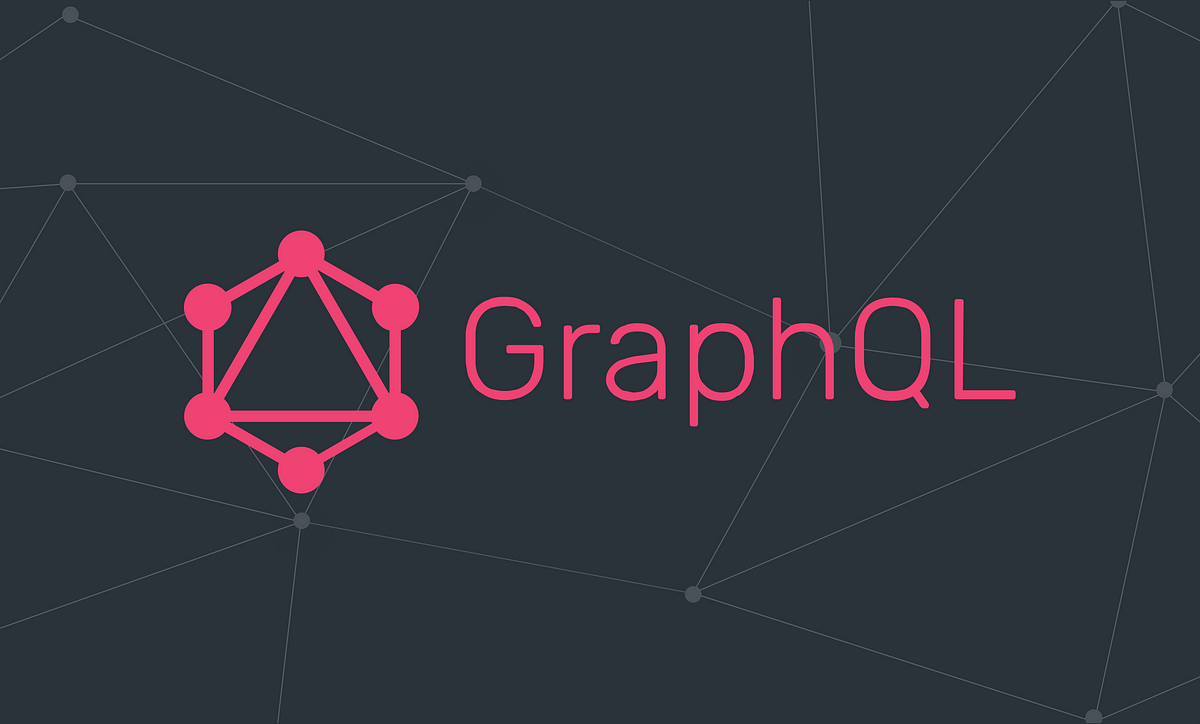GraphQL is on the rise. Companies like Facebook, Netflix, Shopify or PayPal are using the data language and API technology to drive their products.
The Rise of GraphQL
What is the best way to build an API today? REST probably comes to mind, but if you’re going to make the investment to build new software, it’s probably worth considering a few different options and choosing the best among them. GraphQL stands out as an alternative to the REST API architecture mainly (but not only) because it provides a discoverable API by design. It also comes with its own query language and a runtime for fulfilling queries via functions called “resolvers”.
Originally developed in 2012 at Facebook as a better data-fetching solution for underpowered mobile devices, GraphQL was open-sourced in 2015. In 2018, it was moved under the care of the Linux Foundation, which maintains other important projects like Node.js, Kubernetes, and, of course, Linux itself.
The general movement around GraphQL is very encouraging for anyone looking to adopt it. Its popularity has been rapidly on the rise over the last few years, as seen on Stack Overflow Trends, for example. There are also several success stories at reputable companies such as PayPal, Netflix, and Coursera, where GraphQL was instrumental in building flexible and high-performant APIs in large, complex architectures.
However, given the dynamic technology landscape in which we operate today, you would be forgiven for being skeptical. Could GraphQL be another fad? If it works for these companies, does that necessarily mean it will work for you? Let’s discuss the benefits and challenges of GraphQL, so that you can make an informed decision.
Reasons to Use GraphQL
As an API technology designed for flexibility, GraphQL is a strong enabler for both developers and consumers of APIs, as well as the organizations behind them. In this section, we’ll explore some of the key areas where GraphQL shines.
1. One Data Graph for All
2. No Over-Fetching or Under-Fetching
3. Better Developer Experience
4. Higher Quality of Your System
5. Build for Change
#programming #api #graphql #microservices #architecture
